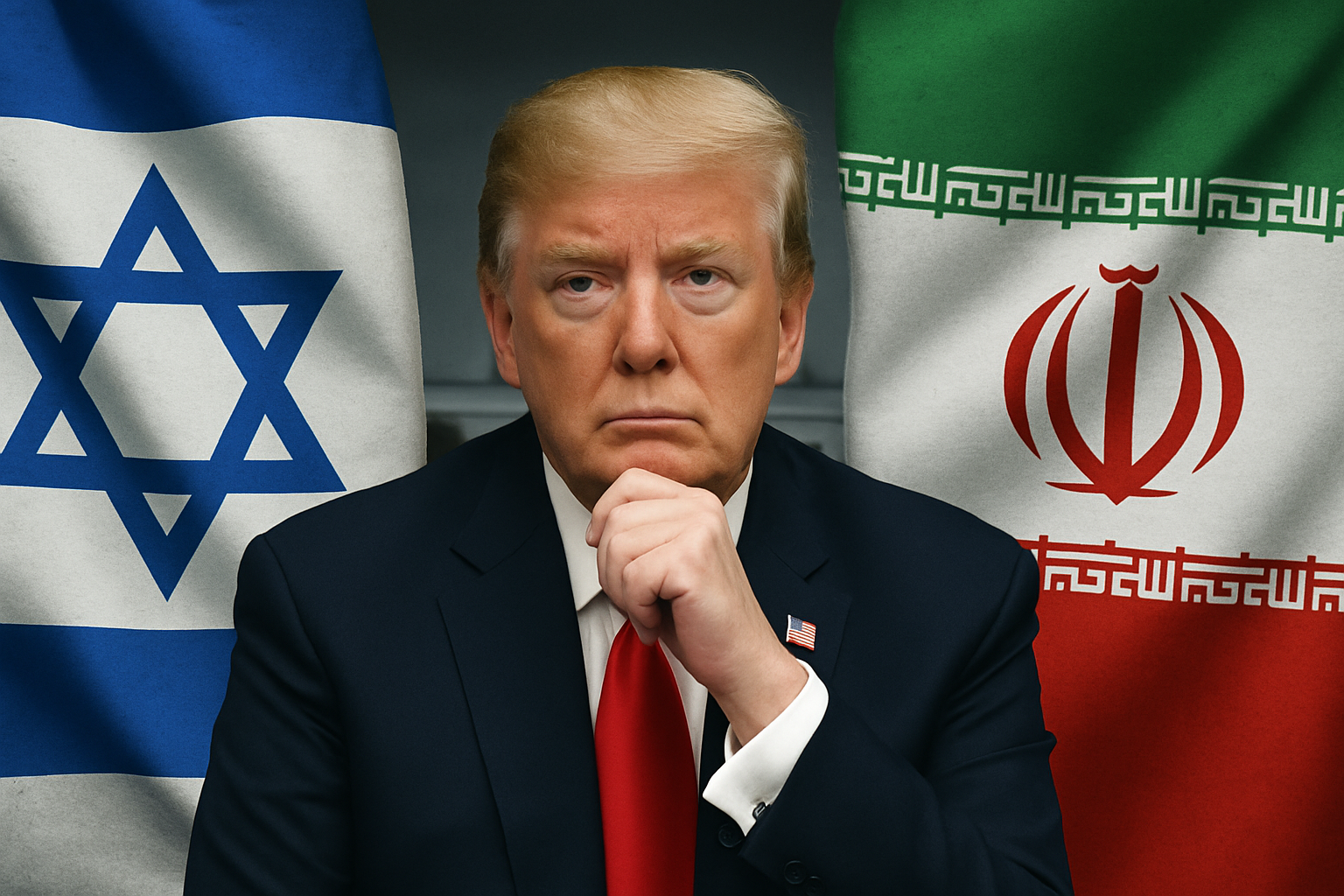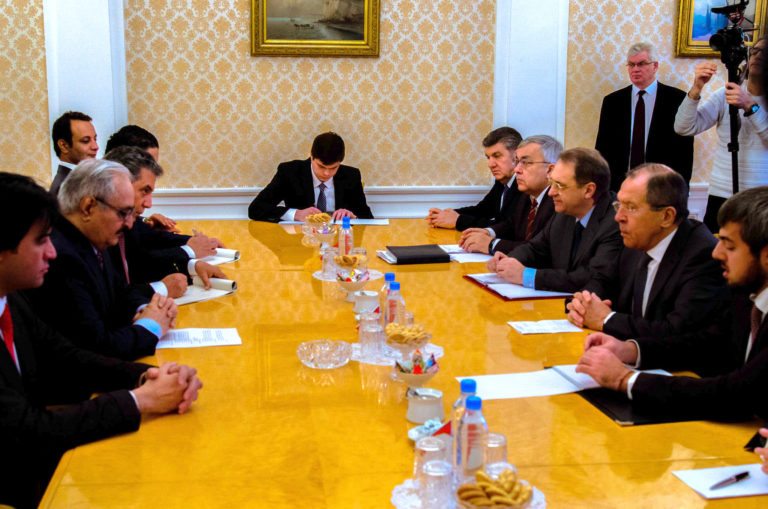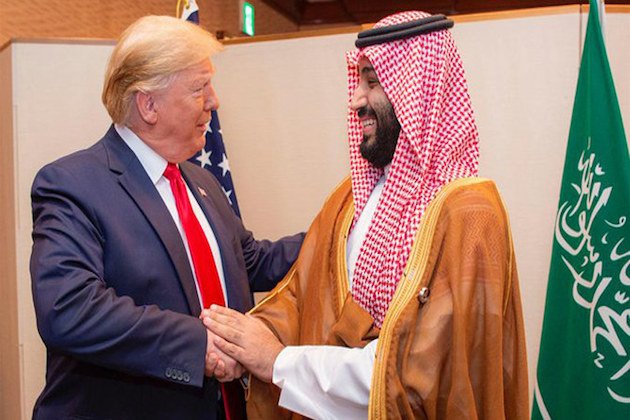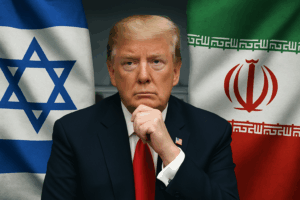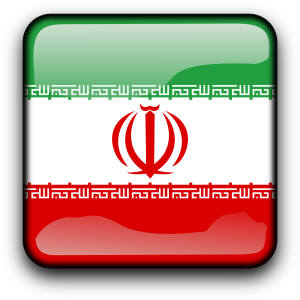The 47th President of the United States, Donald Trump, seems hesitant to confirm his direct involvement in the conflict between the Jewish state and the Islamic Republic of Iran. Last week, he still hoped to reach an agreement and was reluctant to accept an Israeli attack that would risk plunging him back into the nightmare of interventionism. While the Israeli army is stepping up operations against Iranian positions in Syria, Lebanon, and the Gulf, and Benjamin Netanyahu confidently asserts that American support is imminent, the White House remains silent. This is unusual slowness for a president known for being impulsive and decisive. Behind this apparent hesitation lies a complex reality, fueled by political, military, and personal considerations that place Trump in a delicate position.
A presidential right… in contradiction with his principles
Donald Trump, as commander-in-chief of the armed forces, has the constitutional power to decide whether or not to commit American forces to an international conflict. But such a decision would not be trivial. Since the beginning of his new term, he has reiterated his desire to make direct diplomacy, dialogue, and de-escalation the pillars of his foreign policy. Supporting Israel militarily against Iran would represent a clear break with this doctrine. The president would thus be forced to justify a dramatic about-face that would contradict the image of an inflexible negotiator and peacemaker he seeks to maintain.
A loss of leadership that weakens him
For several months, Trump has noticed that foreign leaders are no longer following him as blindly. Vladimir Putin has distanced himself since the fall, and Benjamin Netanyahu, backed by a hardline and militaristic majority in Israel, seems intent on dictating his own roadmap in the Middle East. The Israeli Prime Minister, frustrated by American weakness last April during Iranian strikes on the Golan Heights, is now stepping up his displays of force. By procrastinating, Trump appears weakened: neither able to control his allies nor capable of imposing a clear line.
A Divided and Cautious General Staff
Donald Trump’s caution can also be explained by the division within his national security team. Defense Secretary Pete Hegseth, who came from the ranks of Fox News, maintains a non-interventionist and nationalist stance: he is not in favor of direct intervention. Conversely, Secretary of State Marco Rubio remains loyal to Trump and could support an operation if the president so decides. But the lack of a clear military consensus is hampering any action: engaging the army in a war with an adversary as formidable as Iran without complete alignment of security elites would be risky, both politically and strategically.
The trauma of endless wars
Finally, Trump is also hesitant about the form a possible intervention might take. Should he opt for full support for Israel, up to the point of Iranian surrender? Should he use symbolic firepower, such as the GBU 57 missile, which only Washington possesses and which could (though it is not entirely certain) destroy the Fordo nuclear complex buried 80 meters underground? Or should he be content with logistical and strategic support through the presence of the American fleet in the Gulf, which has been reinforced in recent days by mobilizing its bases in Bahrain, Kuwait, or Qatar? Each scenario has its advantages but also its pitfalls. The slightest misstep could risk igniting a regional fire that would be difficult to control.
Unavoidable Electoral Considerations
One year before the midterm elections, Donald Trump cannot ignore his electoral base, the famous MAGA (“Make America Great Again”) bloc. This electorate is fiercely opposed to any military adventure abroad. The president knows this: a poorly prepared, poorly explained, or protracted war could cost him the House or Senate, or even revive the specter of his past mistakes. The promise of disengagement remains a powerful electoral asset; abandoning it could fracture his base and favor his Republican opponents.
A Decision That Will Redefine His Presidency
Donald Trump knows that the decision he is about to make or refuse will mark a turning point in his second term. If he chooses to fully support Israel, he will enter a logic of war with Iran, with unpredictable economic, political, and military repercussions. If he refuses, he will be able to maintain his isolationist line, but at the risk of eroding the special relationship between the United States and Israel, a historic pillar of American policy in the Middle East. The current “strategic pause” is therefore much more than a hesitation: it is a tipping point.

